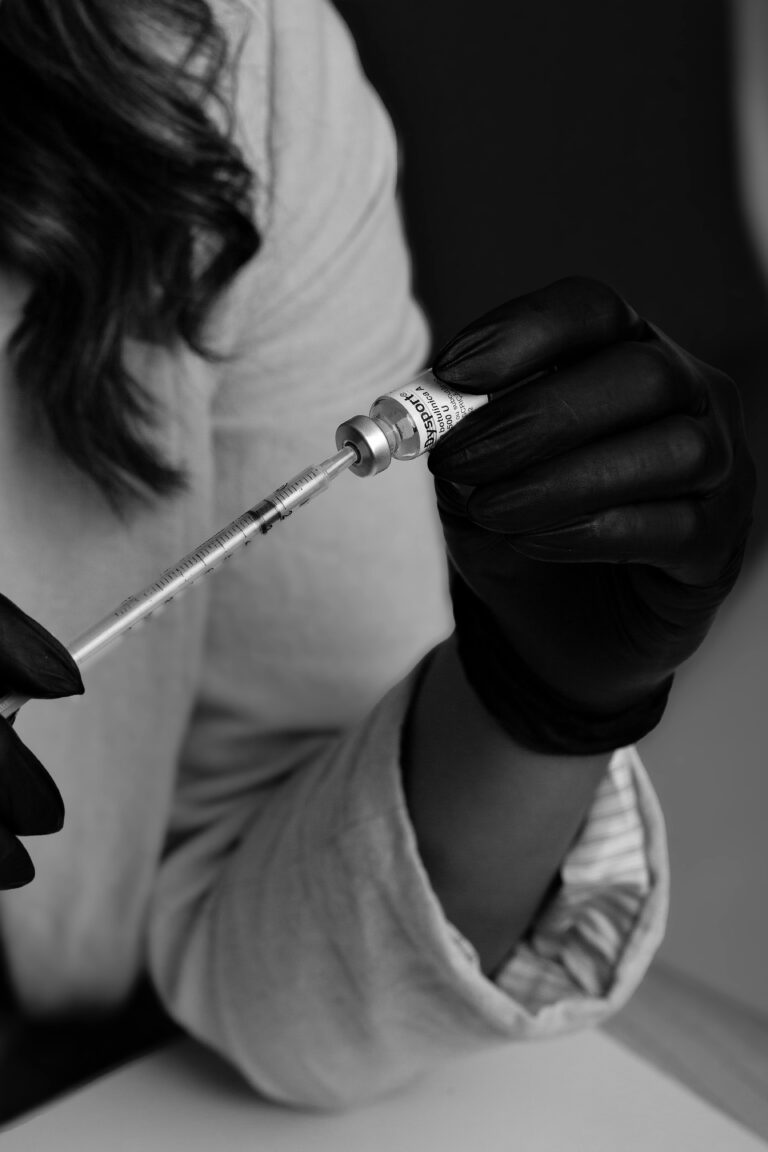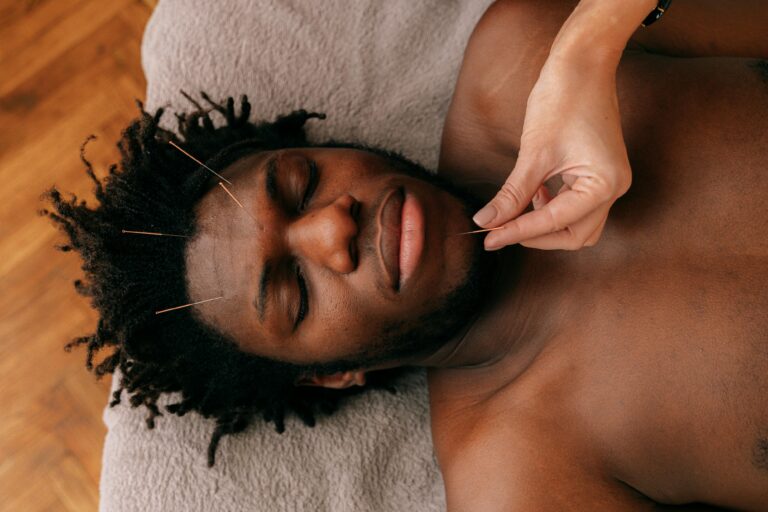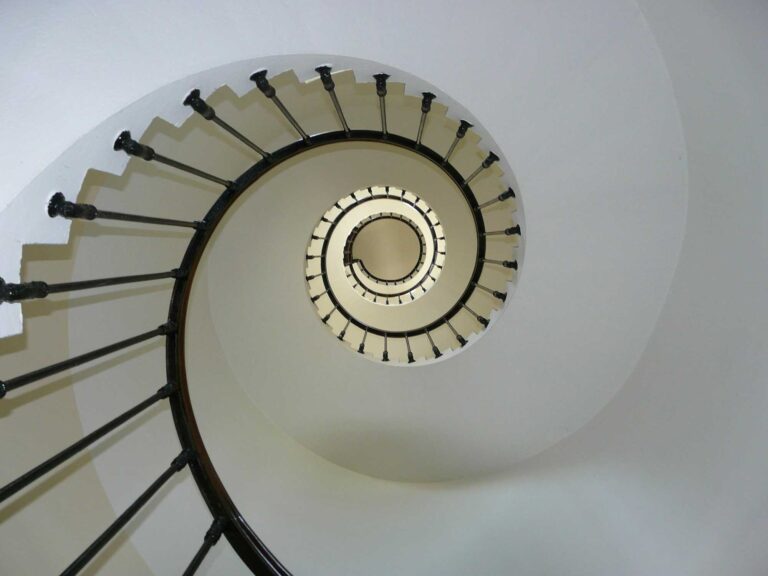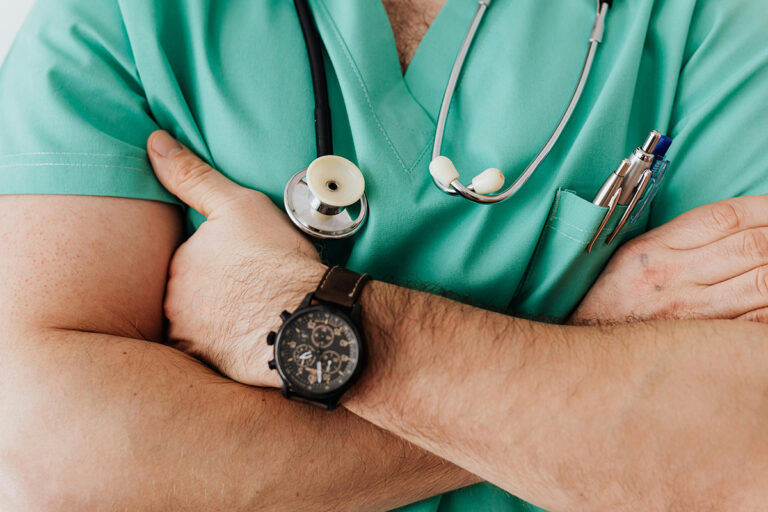GastroEsophageal Reflux occurs when the stomach contents back up into the esophagus or the mouth. This is a normal healthy process that occurs in people of all ages, most times it’s brief and it causes no problems. However, someone with GastroEsophageal Reflux Disease (GERD) may experience the following often painful symptoms: heartburn, pain with swallowing, persistent sore throat, non-burning chest pain, chronic sinusitis, chronic phlegm or vomiting.
Food is taken from the mouth to the stomach via the esophagus. The esophagus is a tube made of muscle and tissue that expand and contract to move food to the stomach. Between the stomach and esophagus is the lower esophageal sphincter (LES). The LES expands to allow food into the stomach, and then contracts to prevent acid from re-entering the esophagus. Normal reflux becomes GERD when it causes bothersome symptoms. This can vary from person to person; there is no definitive test to identify if you have GERD. You need to seek help immediately if any of the following symptoms manifest: difficulty swallowing, food feels ‘stuck’, unexplained weight loss, chest pain, choking or spitting up bloodc.
Treatment for GERD can widely vary depending on reported symptoms. Often times medication is recommended without a thorough evaluation of lifestyle or diet. A common medication prescribed is a class of drugs called a proton pump inhibitor (PPI), a common over-the-counter PPI is Prilosec or generically named omeprazole. The long term effects of Prilosec are not ideal. There is a higher incidence rate of certain stomach cancers, and it can also lead to risk of atrophy of the stomach lining because of the long-term suppression of acid secretion by stomach cells. A PPI may provide short term benefits, but ultimately it is masking the pain, rather than treating the problem.
Lifestyle Changes for Dealing with GERD
- Weight loss — For those that are overweight the number one factor increasing your likelihood of experiencing GERD is the extra weight you are carrying. Weight loss will also reduce your chances of heart diseases and diabetes.
- Quit Smoking — The LES is affected by the stimulant in cigarettes, nicotine.
- Reduce Caffeine — Stimulants in general reduce the pressure in the LES increasing GERD symptoms.
- Avoid large and late meals — Lying down with a full stomach may increase your chance of symptoms. Smaller meals keep the stomach from becoming engorged.
- Raise the head of your bed 8 inches, using pillows or props.
- Chew gum — Chewing gum can increase saliva production which can help clear stomach acid in the esophagus.
There are lots of treatments to soothe the symptoms of GERD while healing the tissues. This is an area to be addressed with your Naturopathic Physician, who can help wean you off of PPI or other prescription drugs.










